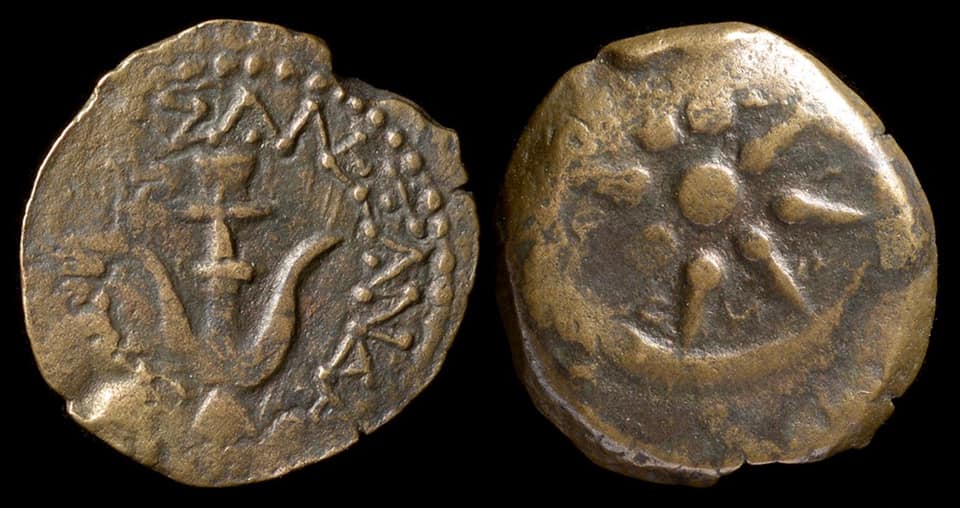 Gospel of 6 June 2020
Gospel of 6 June 2020
Saturday of the Ninth Week in Ordinary Time
Mark 12:38-44
This poor widow has put in more than all
In his teaching Jesus said, ‘Beware of the scribes who like to walk about in long robes, to be greeted obsequiously in the market squares, to take the front seats in the synagogues and the places of honour at banquets; these are the men who swallow the property of widows, while making a show of lengthy prayers. The more severe will be the sentence they receive.’
He sat down opposite the treasury and watched the people putting money into the treasury, and many of the rich put in a great deal. A poor widow came and put in two small coins, the equivalent of a penny. Then he called his disciples and said to them, ‘I tell you solemnly, this poor widow has put more in than all who have contributed to the treasury; for they have all put in money they had over, but she from the little she had has put in everything she possessed, all she had to live on.’
Reflexion
Today our Lord moves from the defensive to the offensive. He takes a direct aim at the scribes, who have been among His fiercest enemies. Earlier He had warned His followers: “beware of the Pharisees” (Mark 8:15), now He tells them, “beware of the scribes.” His point is not for people to stay away from the scribes but rather to take care not to imitate their behaviour.
As professional lawyers-theologians-teachers, walking encyclopedias, scribes were extremely revered in Jewish society due to the prominence of the Law. Their word was considered to have weighty authority. They wore distinctively long linen robes as a mark of status, and were greeted with great deference by the common folk in public places. People were expected to rise respectfully if a scribe passed by. They had special reserved seats in the synagogue directly opposite the ark (cupboard) where the sacred scrolls were kept. They also enjoyed places of honour at banquets. So everything which Jesus had said about them were true.
But the privileges which they enjoyed were not their most deplorable trait. Our Lord charges them with exploitation: “these are the men who swallow the property of widows.” Although forbidden to receive payment for teaching, the scribes survived on the private donations collected from the people. To support a scribe financially was considered a meritorious act. This charge links the first part of the gospel with the second half, the story of the widow’s mite.
After denouncing the counterfeit piety of the scribes, and warning His disciples not to follow their example, Jesus now provides them with a model: the poor but generous widow who gives her entire livelihood to God.
Thirteen trumpet shaped receptacles were located in the Temple grounds to receive the donations of the people. Since all the money was in metal coinage, large donations would have clanked handsomely as the rich emptied the coins into these receptacles. The poor widow’s donation would have hardly made a chink and yet her gift was noticed by the Lord who now sings her praises. The rich had drawn attention to themselves with their noisy donations, but our Lord’s attention is drawn to this lowly widow.
At the end of the day, this is the wisdom of divine logic. God measures the gifts given to Him on a basis totally different from human calculations. He looks at the inner motives of the heart. The scribes like the rich, would often make a noisy show of themselves. Though they had the appearance of being religiously pious, it was all just empty show. They relied more on their status, the wealth of knowledge which they possessed (just like the rich depended on their material wealth), than they did on God. The widow’s total self-gift on the other hand, demonstrated her willingness to rely on God even to provide her next meal. The woman, therefore, was not just a model for Christians, but she was the example of the self-emptying generosity of God.
Therefore Christians should not aspire to gain status, human honour or wealth. Those who may be rich and honoured in the eyes of men, may have little worth in the eyes of God. Perhaps it is those who are overlooked and insignificant in human terms, who are most prized in the eyes of God.
